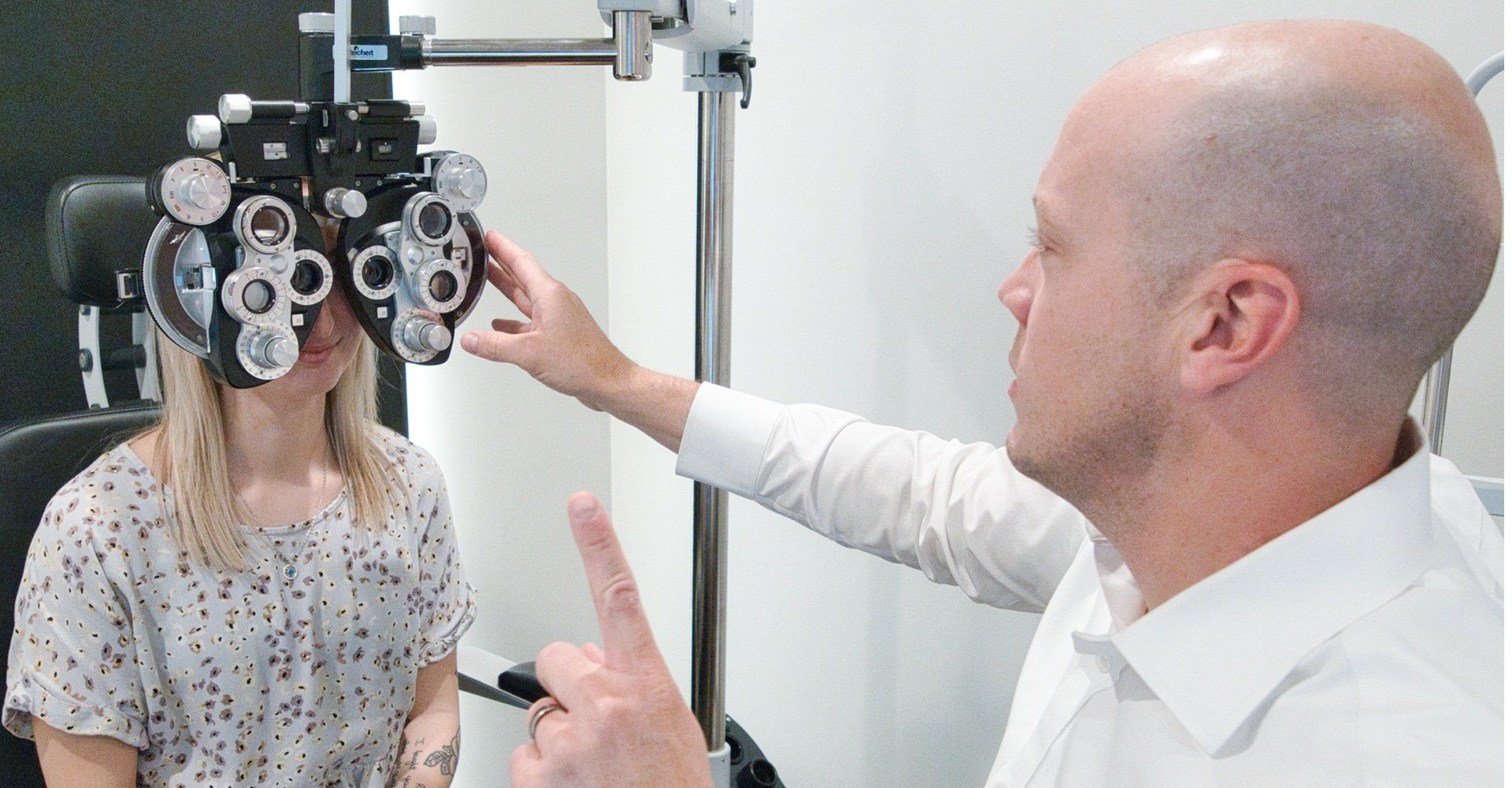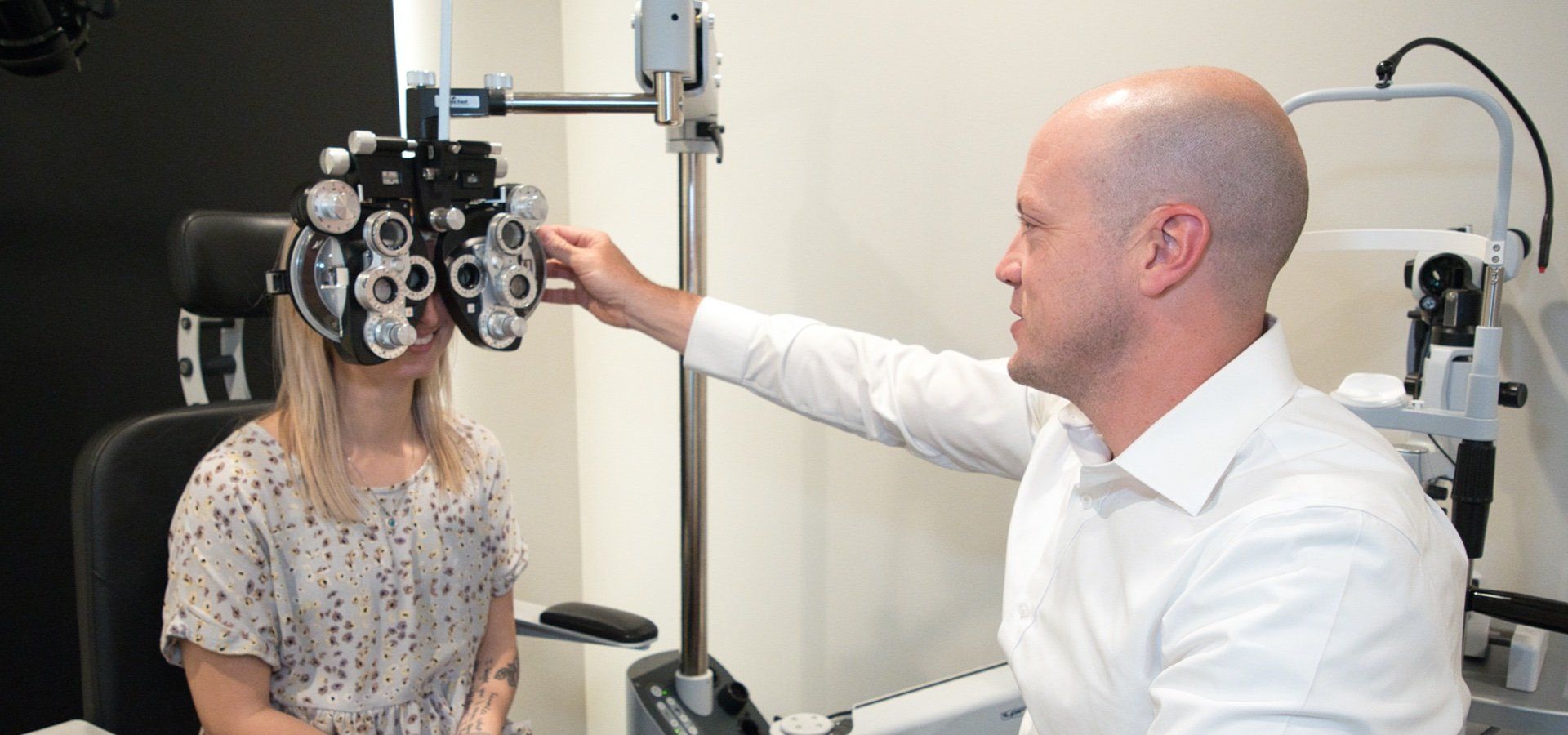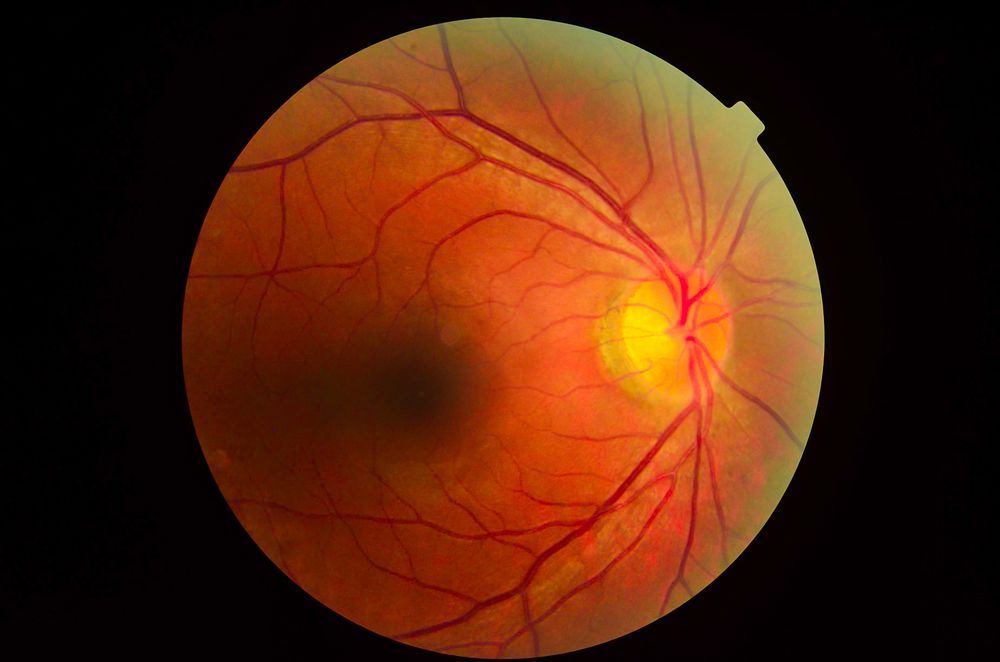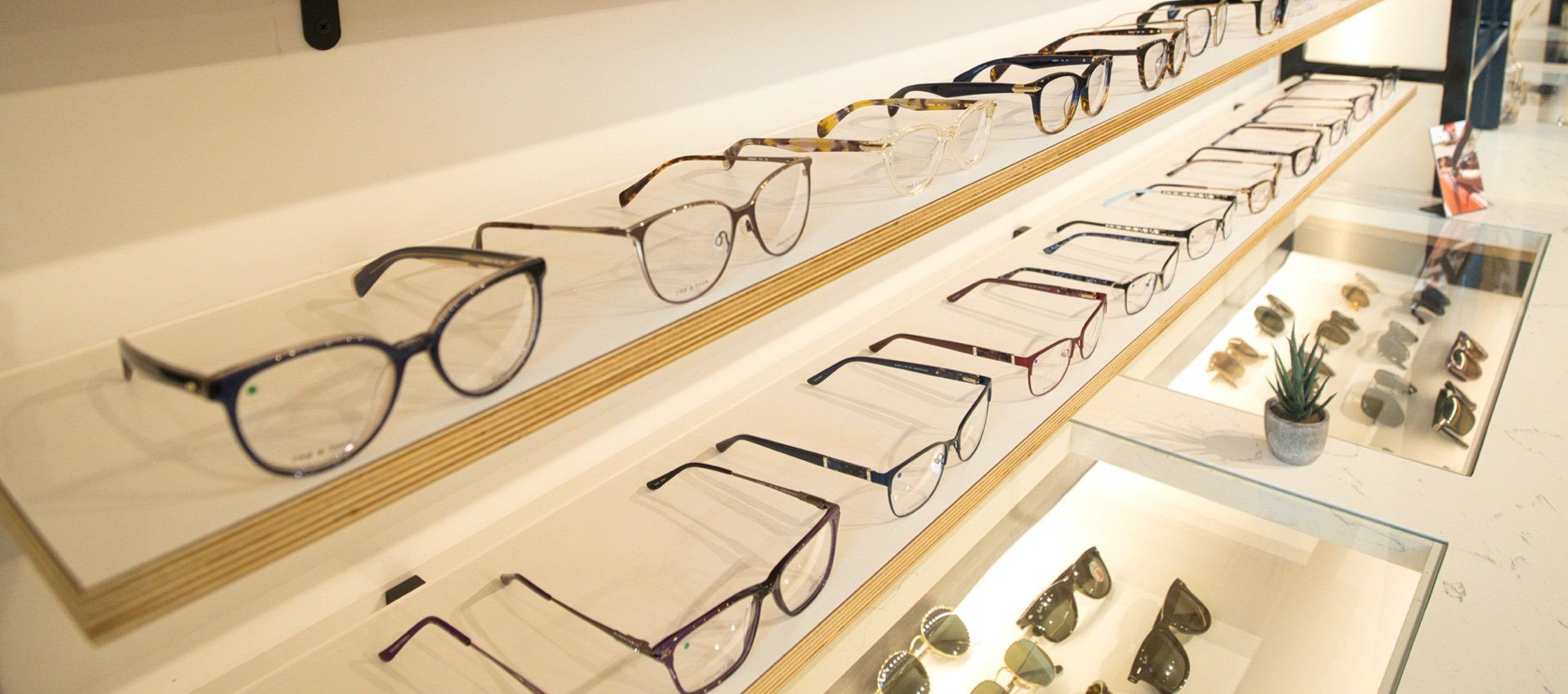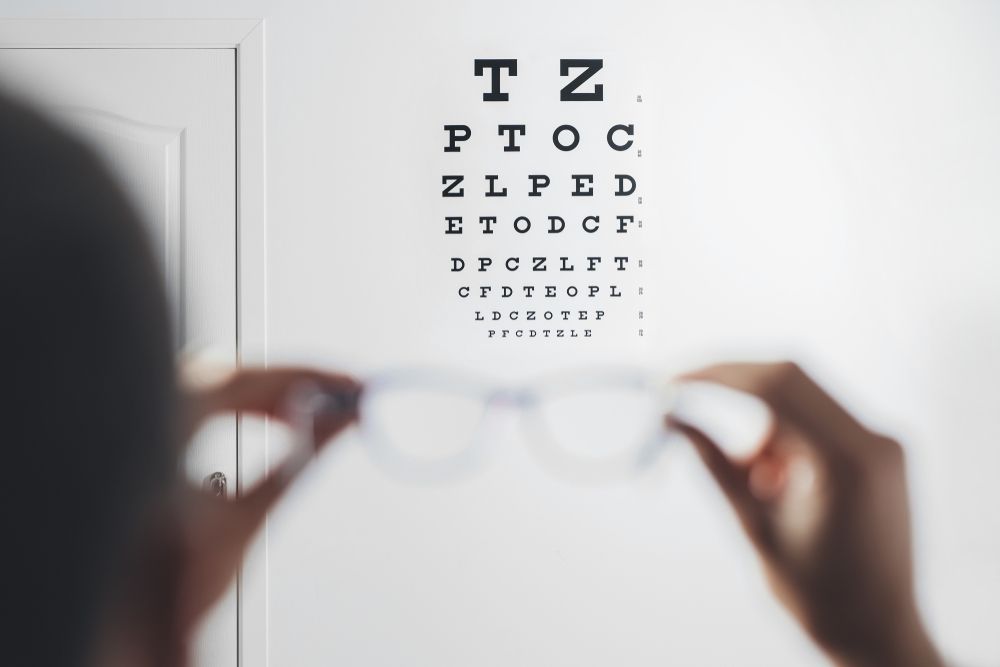Regular eye exams are an essential part of maintaining good eye health and overall well-being. They allow optometrists to detect early signs of eye conditions and diseases that may not be noticeable to the patient. In this blog post, we'll explore why regular eye exams are important, how often they should be scheduled, what can be detected during an exam, and preventative measures that can be taken to maintain good eye health.
Many people have the misconception that if they see fine, they are fine.
Why are regular eye exams important?
Regular eye exams are important because they can help detect eye diseases and conditions early when they are most treatable. Many eye diseases and conditions, such as glaucoma, diabetic retinopathy, and macular degeneration, do not show symptoms in their early stages. Without early detection and treatment, these conditions can lead to vision loss or even blindness.
How often should adults get their eyes examined?
Adults should get a comprehensive eye exam at least once every two years. However, the frequency of eye exams may vary depending on individual risk factors and age. Patients who wear contacts or eyeglasses, those with certain health conditions, such as diabetes or high blood pressure and adults over 60, should have an eye exam yearly.
What can be detected during a routine eye exam?
During a routine eye exam, your doctor will check for a variety of eye conditions and diseases, including refractive errors (nearsightedness, farsightedness, and astigmatism), eye muscle function, eye teaming, and eye health. Optometrists may also check for signs of general health conditions, such as high blood pressure and diabetes.
What are some common eye conditions that can be detected during an eye exam?
Some common eye conditions that can be detected during an eye exam include glaucoma, cataracts, macular degeneration, diabetic retinopathy, and dry eye syndrome. These conditions can cause vision loss or blindness if left untreated.
What are some preventative measures that can be taken to maintain good eye health?
Preventative measures that can be taken to maintain good eye health include wearing sunglasses to protect your eyes from harmful UV rays, eating a healthy diet rich in vitamins and nutrients, getting regular exercise, avoiding smoking, and taking breaks from prolonged screen time.
Regular eye exams are an essential part of maintaining good eye health and overall well-being. By detecting eye conditions and diseases early, the doctors at Blake Bush Family Eye Care can help preserve and protect your vision. To schedule a comprehensive eye exam, use our online scheduler or call us at (580) 223-7333.

